In recent years, the earthworm farming model has not only brought high economic value, but also utilized a large source of waste in livestock farming, providing microbial fertilizer for cultivation, thereby contributing to environmental improvement.
In the current agricultural development orientation, which increasingly focuses on sustainability and environmental friendliness, the earthworm farming model is a multi-value solution, harmoniously combining economic benefits and environmental protection in the province. The effective recycling process of organic waste not only provides a source of high-quality organic fertilizer for cultivation but also creates a source of protein from worms used to feed poultry, fish, eels, frogs, etc. and the product processed from worms is worm powder supplied to animal feed processing plants.
The earthworm farming model is carried out quite simply with available materials such as animal manure from buffalo, cows, pigs, goats or agricultural by-products such as straw, bagasse, leftover vegetables... Earthworms have the ability to quickly decompose these organic substances and convert them into nutritious organic fertilizers. The earthworm farming process begins with preparing a suitable farming area, ensuring basic factors such as humidity, temperature and food. Earthworms are released into an environment with a humidity of 60-70%, using compost to avoid high temperatures or toxic substances that affect the development of worms.
Worm manure, also known as vermicompost, can be exploited after 2-3 months from the start of farming. After the worms have decomposed and metabolized all the food source, the worm manure is formed in the form of loose, black or dark brown humus, with no unpleasant odor. Vermicompost is rich in nutrients, containing essential elements for plants such as: Nitrogen, phosphorus, potassium, helping plants grow strongly, especially in the growth stage; supporting root development and the process of flowering and fruiting; enhancing the resistance of plants, improving the quality of agricultural products and especially the group of beneficial microorganisms that can decompose nutrients in the soil, thereby helping plants absorb more easily. In addition, it also helps improve soil structure, improve soil in areas of long-term cultivation, poor soil or degraded soil due to the abuse of chemical fertilizers, increasing the porosity and water retention capacity of the soil.
After 2-3 months of raising, when harvesting worm manure, we also harvest worms. Earthworms are an ideal food source for poultry (chickens, ducks), aquatic products (fish, shrimp) and special livestock such as eels and frogs thanks to their high nutritional value and biosafety. The nutritional composition of earthworms contains 60-70% crude protein, superior to many other natural food sources, helping to improve health and playing an essential role in the development of livestock and aquatic products.
Many studies have shown that poultry (chickens, ducks, geese and quails...) eating earthworms helps increase resistance, grow quickly, improve egg and meat quality and are less susceptible to intestinal diseases. For aquatic products (fish, shrimp...), earthworms are nutritious food, helping to gain weight quickly, improve meat color and quality, and also help supplement beneficial microorganisms, increasing the ability to fight infections in the water environment. For eels, frogs and soft-shelled turtles, earthworms are very fond of earthworms because this is a natural food source, stimulating them to eat better, reducing mortality during the rearing process. In addition, earthworm powder is a source of raw materials rich in protein and amino acids, often used to produce feed for poultry, aquatic products and special pets. Many animal feed factories are increasing the use of earthworm powder to reduce dependence on fishmeal, which is expensive and has limited supply.
Earthworm farming model of Tan Thanh organic agricultural cooperative
Mr. Luong Van Dung - Director of Tan Thanh Organic Agricultural Cooperative, located in Te Le Commune, Tam Nong District, said: We have been working with earthworms for 12 years now. Earthworms are animals that easily adapt to the environment and have a fast reproduction rate; the raw materials for raising earthworms are livestock manure, straw, corn stalks, all of which are locally available... Economically, farmers can earn income from selling worm seeds, worm manure and products processed from worm manure with low initial investment costs, mainly taking advantage of waste sources and idle agricultural labor. The cooperative's revenue reaches more than 4 billion VND/year, after deducting expenses, the profit is over 500 million VND.
With outstanding economic, environmental and social values, the earthworm farming model is increasingly affirming its role in the circular agricultural value chain, a promising direction, contributing to building a green and sustainable agriculture.
Nguyen Phuong Thu
Source: https://baophutho.vn/phat-trien-nuoi-giun-cu-mang-lai-nhieu-loi-ich-cho-nong-nghiep-va-moi-truong-225321.htm


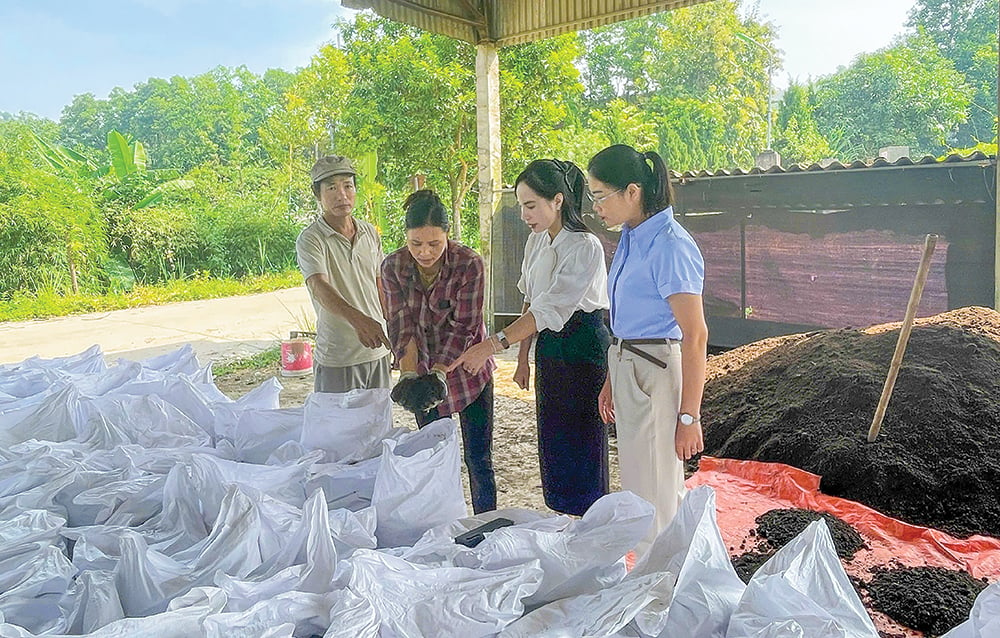
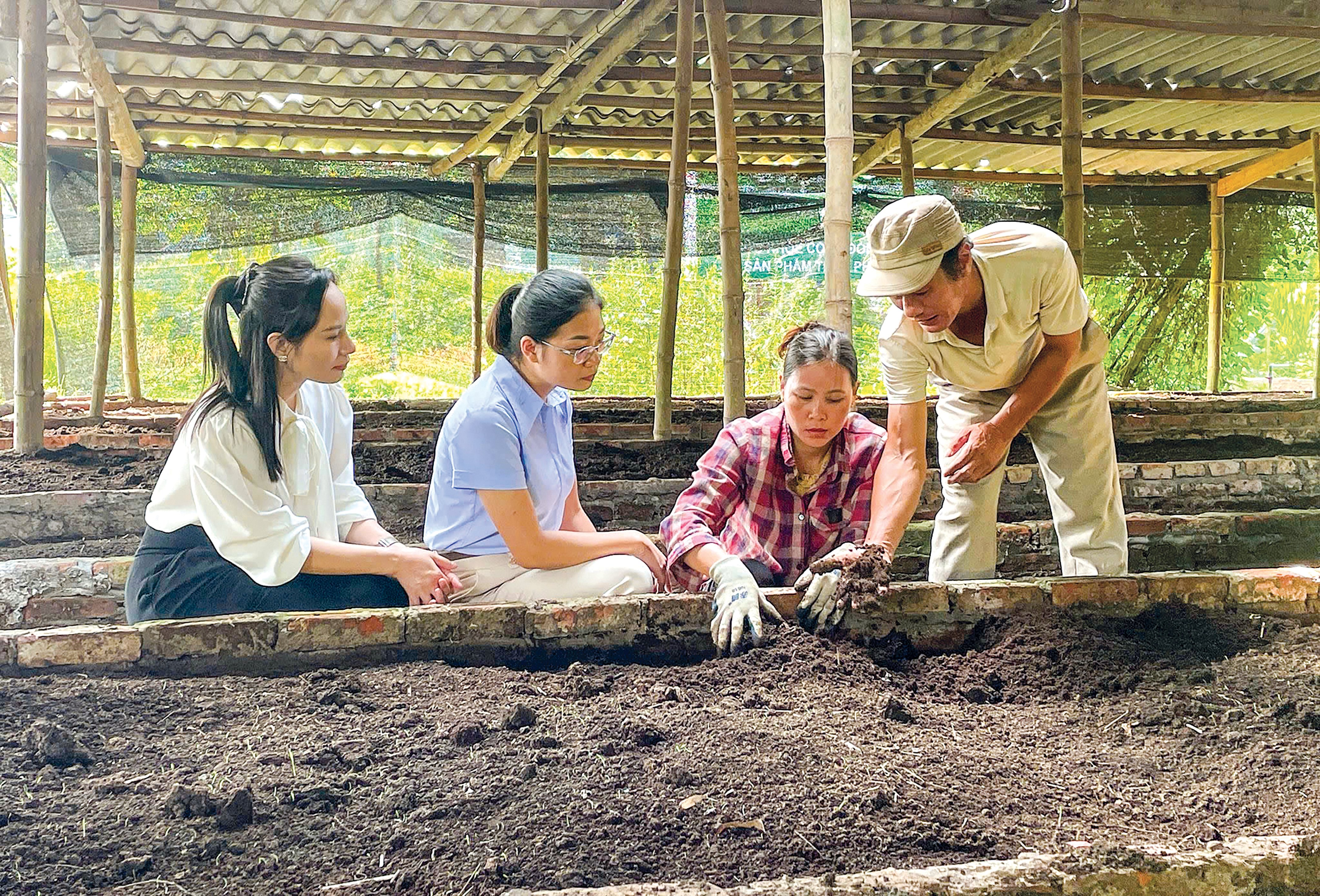


![[Photo] Ministry of Defense sees off relief forces to the airport to Myanmar for mission](https://vstatic.vietnam.vn/vietnam/resource/IMAGE/2025/3/30/245629fab9d644fd909ecd67f1749123)










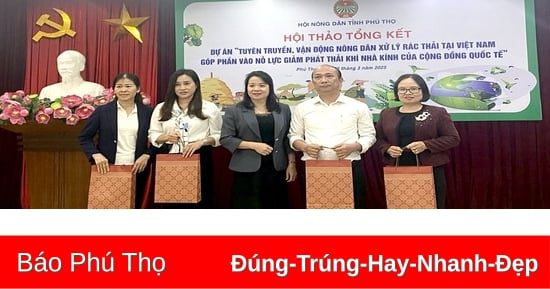
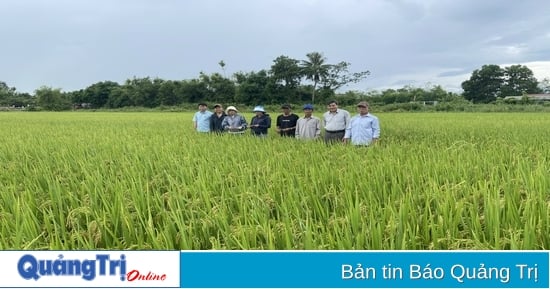

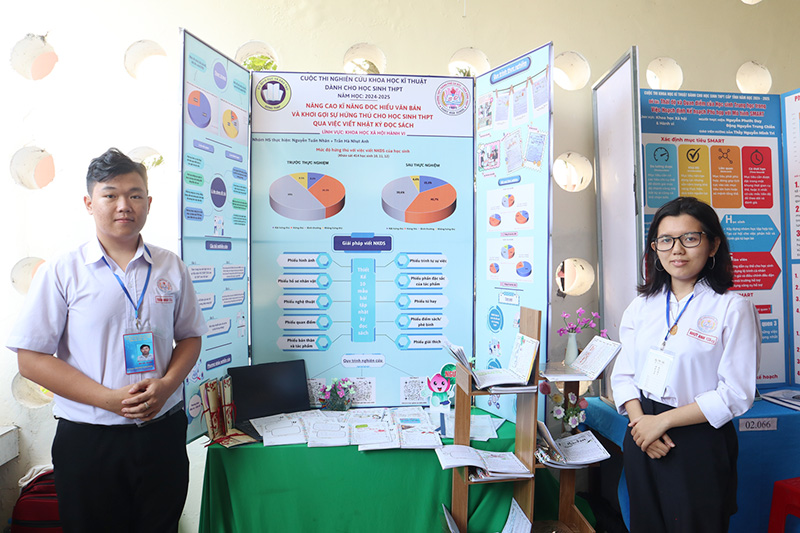

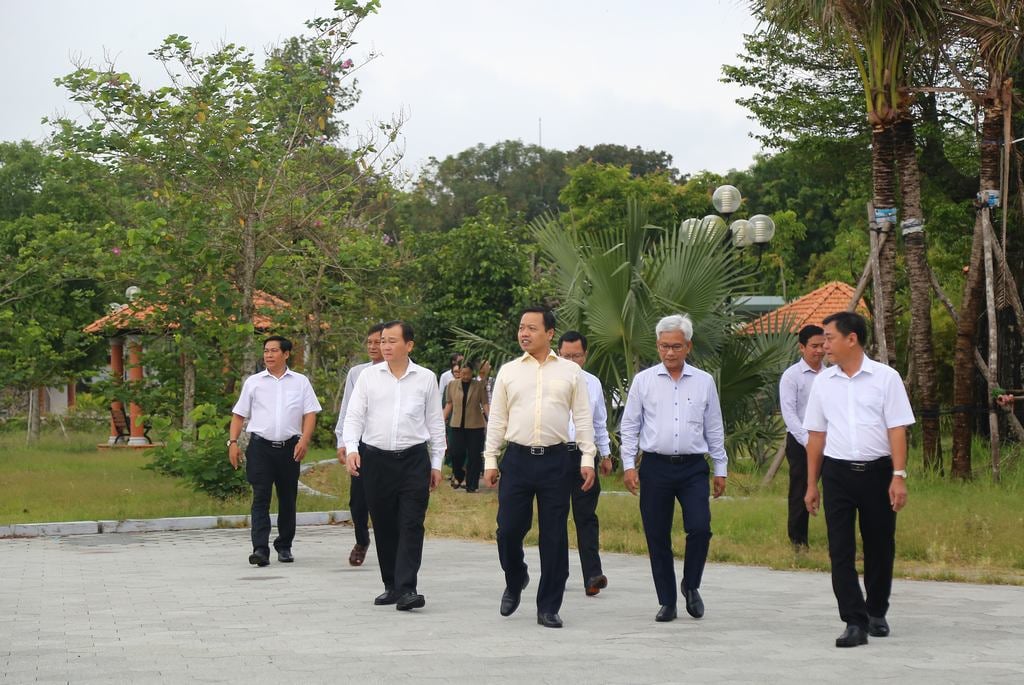
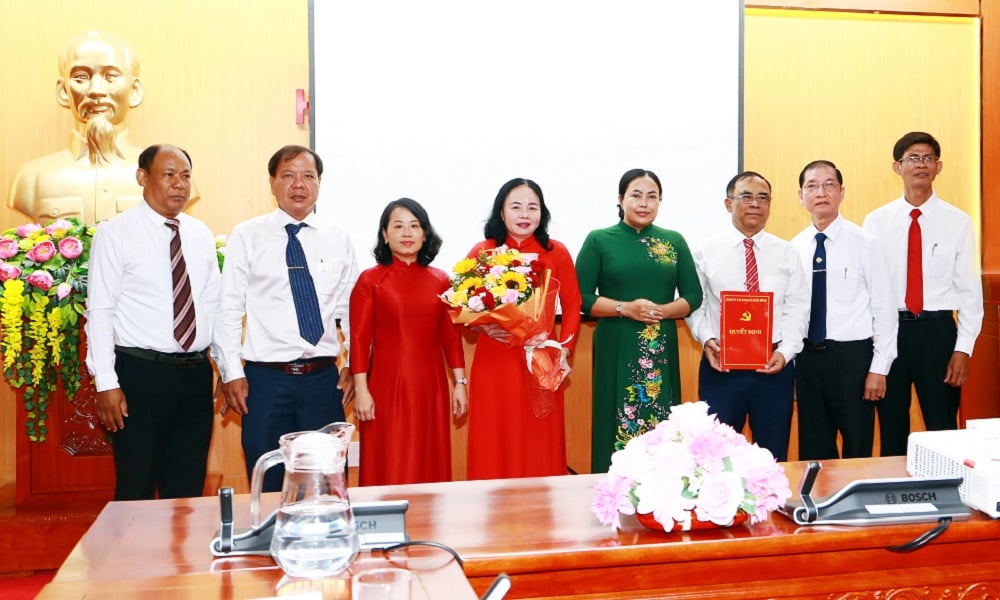
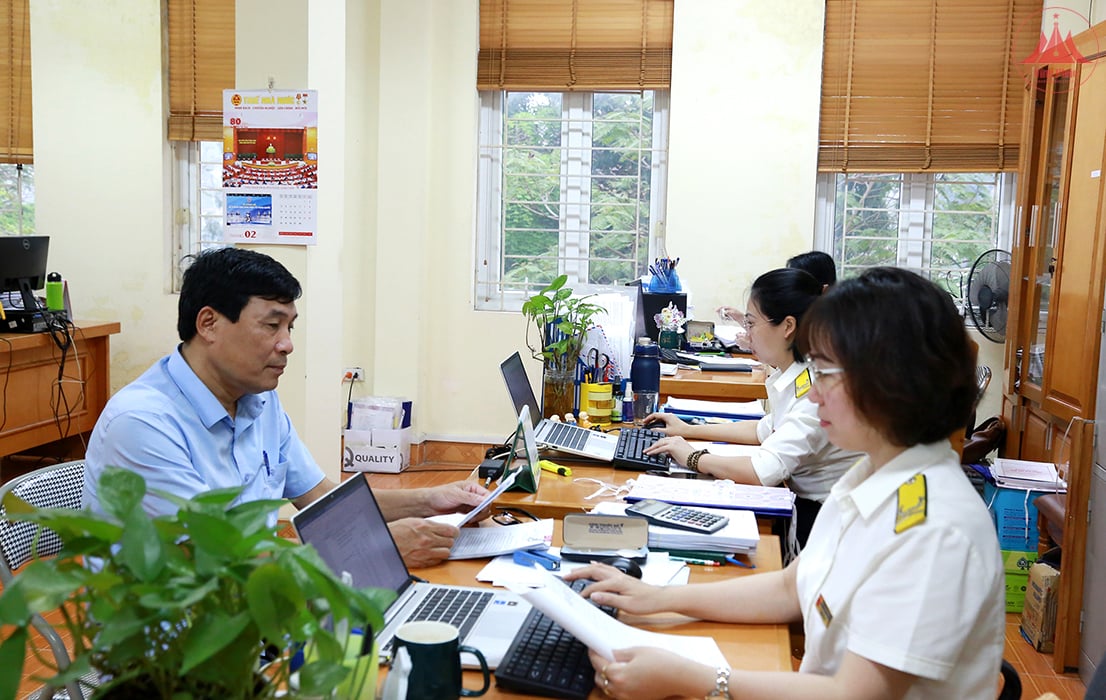
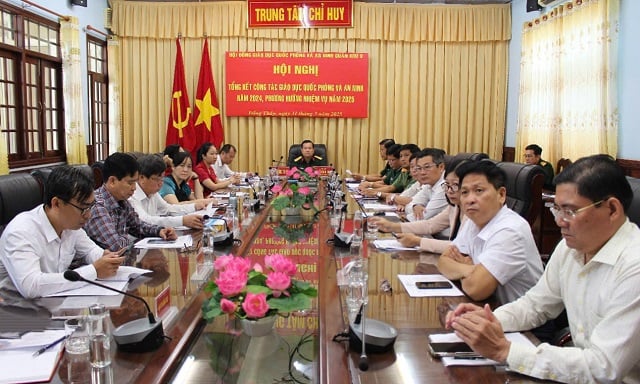



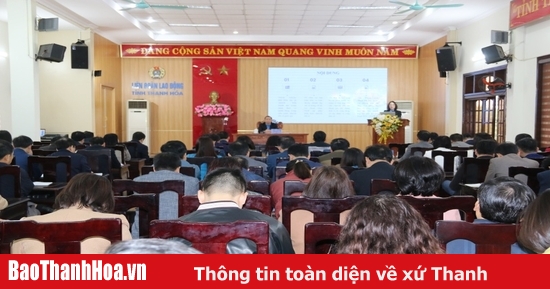
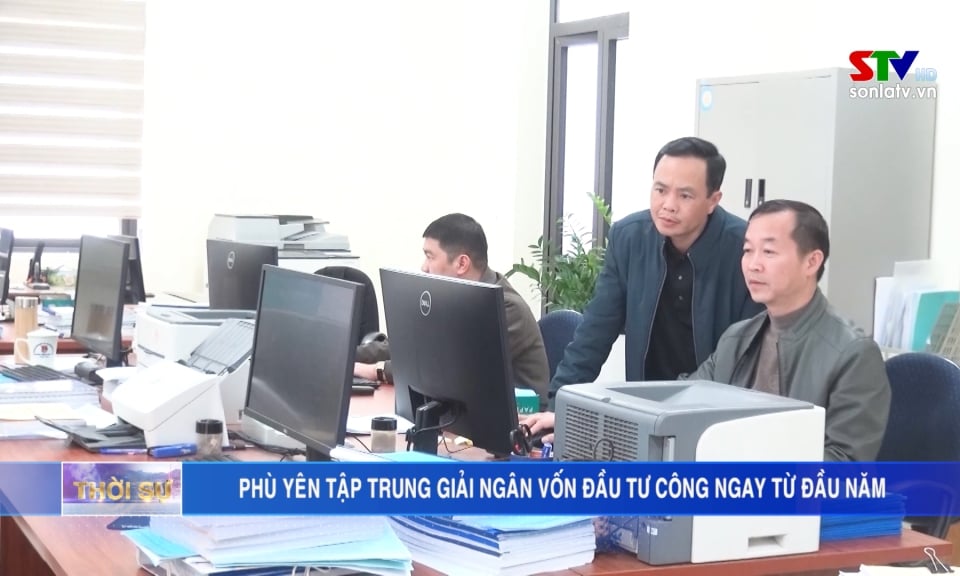
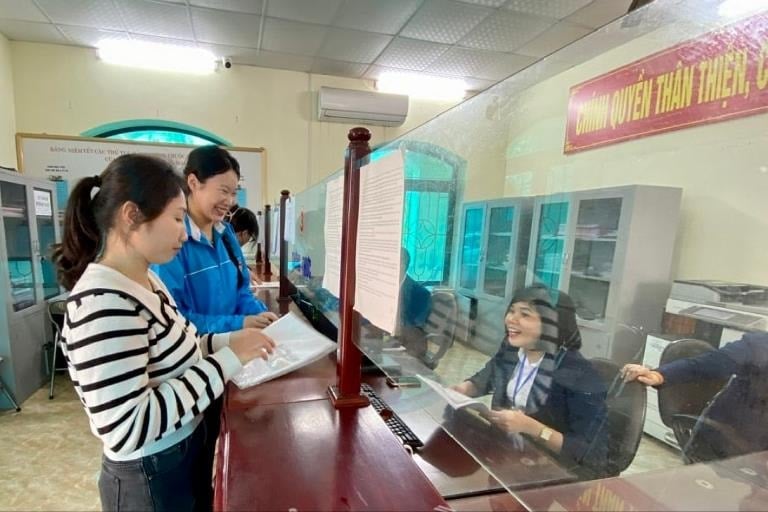


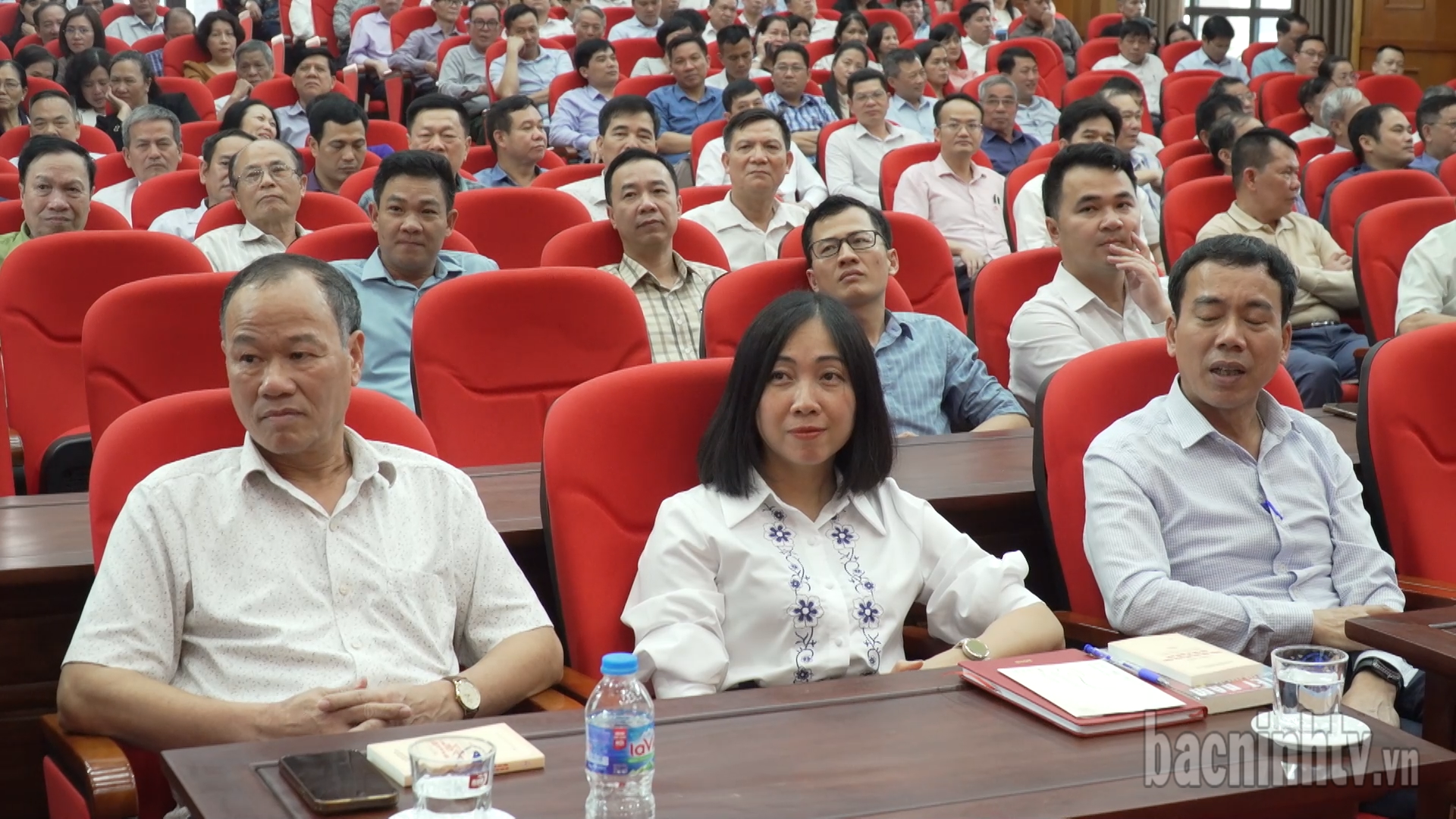
![[Photo] Prime Minister Pham Minh Chinh chairs meeting to remove difficulties for projects](https://vstatic.vietnam.vn/vietnam/resource/IMAGE/2025/3/30/7d354a396d4e4699adc2ccc0d44fbd4f)

















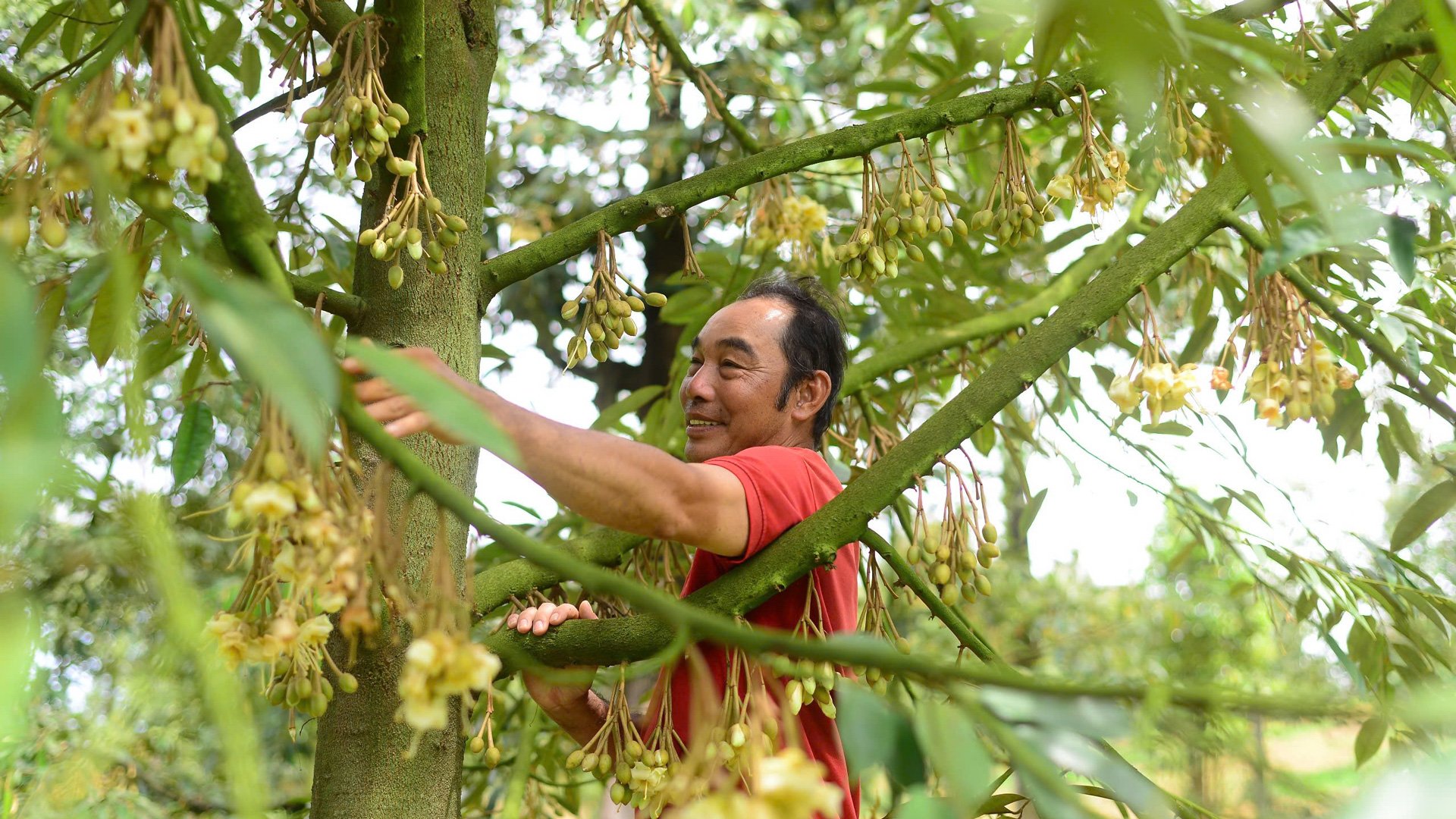












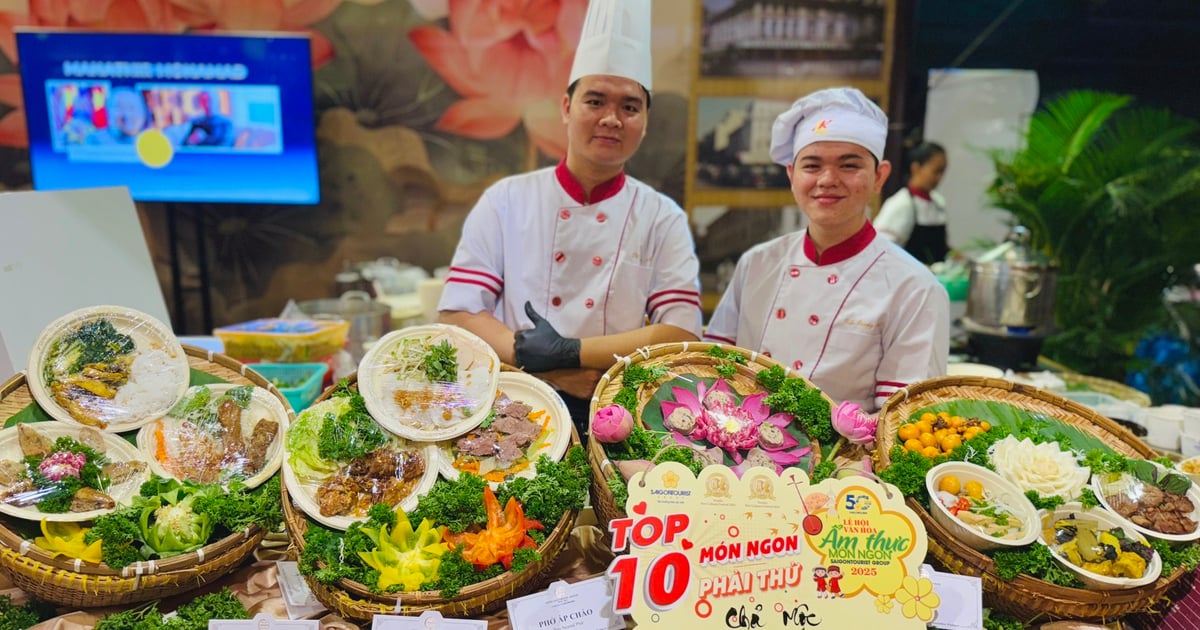









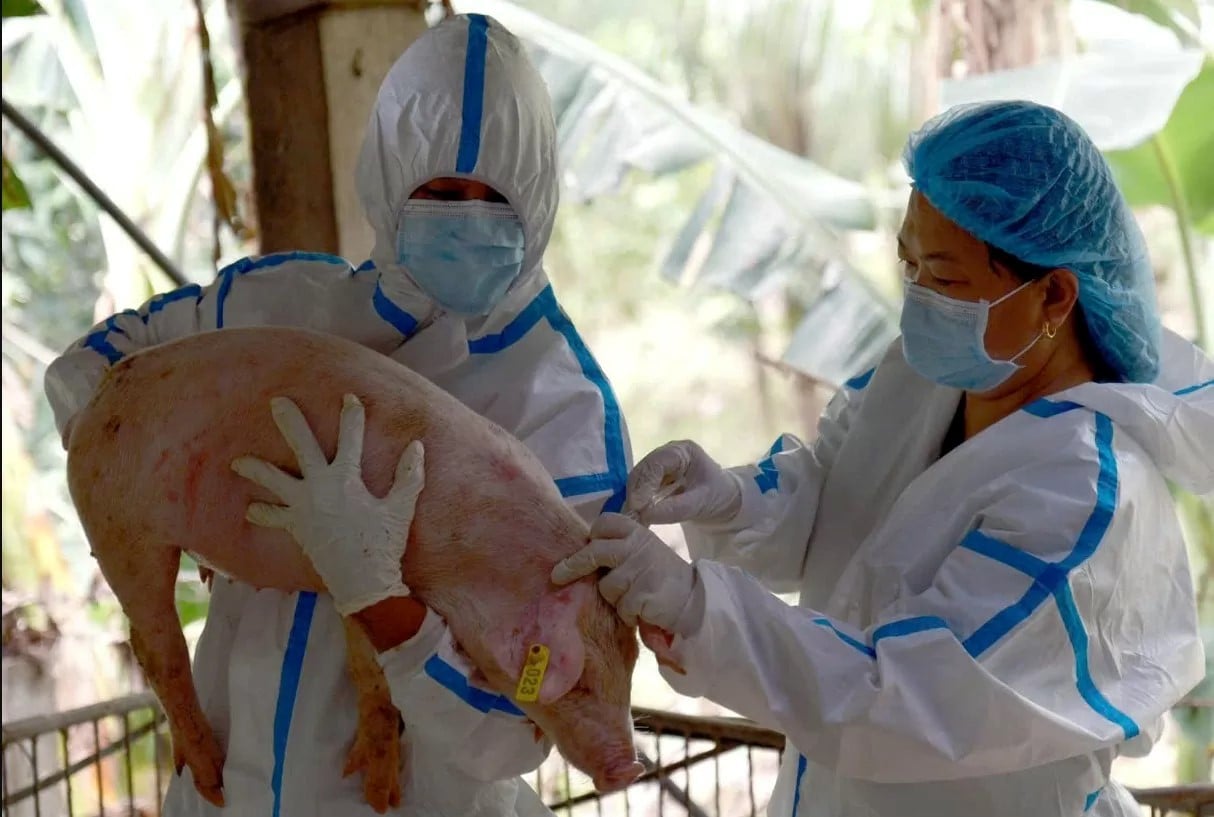






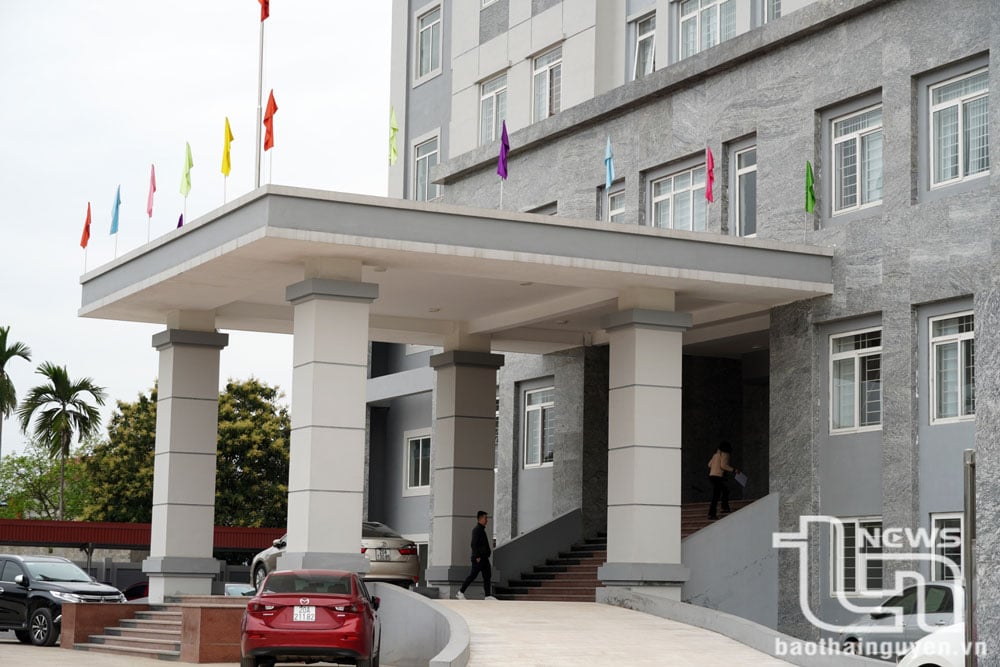



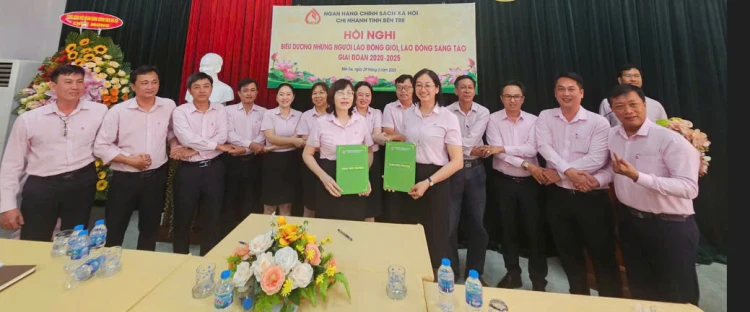









![[REVIEW OCOP] An Lanh Huong Vet Yen Cat](https://vstatic.vietnam.vn/vietnam/resource/IMAGE/2025/3/27/c25032328e9a47be9991d5be7c0cad8c)


Comment (0)